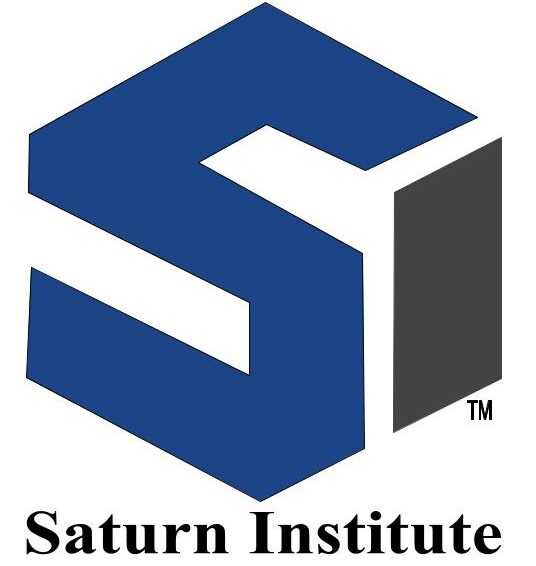Academic Director for a Nonprofit Institute involves a leadership role focused on the educational and scholarly activities of the organization. While specific responsibilities can vary depending on the institute’s mission, size, and structure, here’s a general overview:
Core Responsibilities:
- Strategic Academic Leadership: Developing and implementing the institute’s academic vision, goals, and strategies in alignment with its overall mission.
- Program Development and Oversight: Designing, developing, and overseeing educational programs, courses, workshops, research initiatives, and other scholarly activities. This includes curriculum development, ensuring quality, and evaluating program effectiveness.
- Faculty/Expert Management: Recruiting, supervising, mentoring, and evaluating instructors, researchers, fellows, or other academic personnel associated with the institute. This may involve hiring, training, and professional development.
- Curriculum and Content Development: Ensuring the academic rigor, relevance, and quality of all educational materials and content. This might involve direct creation or oversight of the creation process.
- Research Direction (if applicable): Guiding and supporting the institute’s research agenda, ensuring ethical practices, and promoting the dissemination of findings.
- Partnership and Collaboration: Building and maintaining relationships with other academic institutions, community organizations, funders, and relevant stakeholders to enhance the institute’s academic reach and impact.
- Budget Management: Developing and managing the budget for academic programs and activities, ensuring resources are used effectively and efficiently.
- Quality Assurance and Evaluation: Establishing and implementing systems for assessing the quality and impact of academic programs and research, and using data for continuous improvement.
- Compliance and Accreditation (if applicable): Ensuring that all academic activities comply with relevant regulations, standards, and accreditation requirements.
- Reporting and Communication: Communicating the achievements, challenges, and future directions of the academic programs to the institute’s leadership, board of directors, donors, and other stakeholders.
- Staying Current: Keeping abreast of current trends, research, and best practices in relevant academic fields and the nonprofit sector.
In the context of a Nonprofit Institute:
- The Academic Director will ensure that the institute’s educational and research activities directly support its nonprofit mission and address the social or community issues it aims to tackle.
- They may need to be particularly adept at securing grants and funding to support academic programs and research initiatives.
- Collaboration with program directors or other operational leaders within the nonprofit will be crucial to ensure the integration of academic activities with the institute’s broader work.
- They might also play a role in community engagement and outreach related to the institute’s areas of expertise.
Key Skills and Qualifications:
- Strong academic background and credentials in a relevant field.
- Demonstrated leadership and management experience, preferably in an academic or nonprofit setting.
- Experience in curriculum development, program design, and evaluation.
- Excellent communication, interpersonal, and presentation skills.
- Ability to build and maintain effective relationships with diverse stakeholders.
- Financial literacy and budget management skills.
- Commitment to the mission and values of the nonprofit institute.
In summary, an Academic Director for a nonprofit institute is a key leader responsible for shaping and overseeing the intellectual and educational endeavors of the organization, ensuring they contribute meaningfully to its nonprofit mission and impact.
